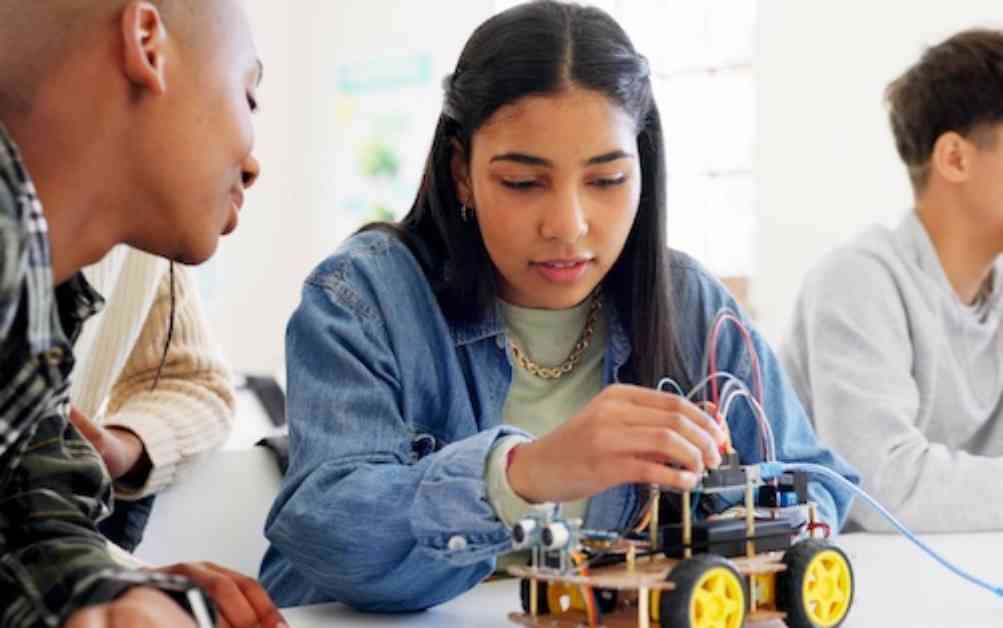The impact of the pandemic on science learning losses is a topic that is gaining increasing attention, especially when it comes to minority communities. While much of the focus has been on math and reading recovery post-pandemic, science achievement has also been significantly affected, with certain groups bearing a disproportionate burden.
Recent research conducted by NWEA, a K-12 assessment and research organization, has shed light on the trends in science achievement since the onset of the COVID-19 pandemic. The study utilized MAP Growth assessment results for grades three to eight and revealed a nuanced narrative of academic recovery.
In line with previous research on math and reading, science achievement saw a decline early in the pandemic. However, unlike math and reading, science achievement in elementary grades has almost returned to pre-pandemic levels, while middle school grades, particularly seventh and eighth grades, continue to struggle in their recovery.
Sue Kowalski, Lead Research Scientist at NWEA, highlighted this difference, stating, “On the one hand, our elementary students are nearly back to pre-pandemic academic growth and achievement for science, but our older students are still very much struggling.”
The study analyzed data from 621 U.S. public schools that consistently administered the MAP Growth Science assessment from spring 2017 through spring 2024. It compared the impact of the pandemic on science learning losses to those in reading and math, revealing that while science losses were smaller, there were significant disparities among racial and ethnic groups.
Hispanic eighth-grade students were found to be five months behind in 2021, falling further back to over 11 months by 2024. Similarly, Black middle school students remained 13 to 15 months behind, despite some improvement by 2024. This highlights the urgent need to address the specific challenges faced by minority students in science education.
The report underlines the importance of addressing these disparities to ensure a more equitable recovery post-pandemic. Recommendations include integrating science into other subjects and providing targeted support through summer programs for students in need.
As we navigate the complexities of academic recovery in the wake of the pandemic, it is crucial to prioritize science education, especially for minority communities who have been disproportionately affected. By implementing targeted interventions and support mechanisms, we can bridge the gaps and create a more inclusive learning environment for all students.

